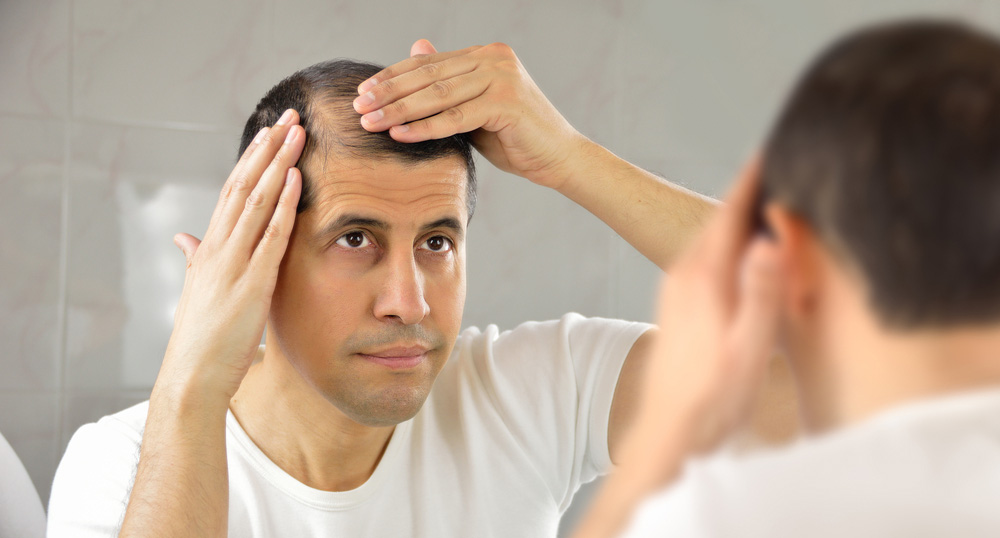
Hair Fall
Hair Fall often is a result of different causes like heredity, anaemia, nutritional deficiencies, stress and medical problems like thyroid disorder, diabetes mellitus and polycystic ovarian syndrome (in females). The selection of hair Fall treatment should be therefore based on diagnosing the root cause of it, extent of hair fall, and condition of the hair and scalp.
Also, hair Fall not only affects our appearance, but also 'hurts' our pride and affects our psyche. Hair Fall is strongly linked with depression and can be an early sign of a heart disease.
Causes Of Hair Fall
Nutritional deficiencies
It could be possible that essential nutrients may be missing from your diets such as iron, copper, zinc and proteins. Deficiency of vitamin D is another cause of hair loss. In order to avoid this, make sure to get out and soak up some sun.
Hormonal Imbalance
After the age of 30, women can experience hormonal imbalance which can cause hair loss. This is usually caused by excessive dihydrotestosterone (DHT) conversion. Even though estrogen is the main hormone that women produce, testosterone and other androgens such as DHEA also occur in the female body. As women reach a certain age, they may begin to convert these androgens to DHT.
Thyroid issues
If the thyroid gland, which is at the front of the neck, produces excessive or an insufficient amount of the thyroid hormone, then the hair growth cycle may change. However, if you do have a thyroid issue, you will notice other symptoms along with hair loss such as weight gain or loss, sensitivity to cold or heat, and changes in heart-rate.

